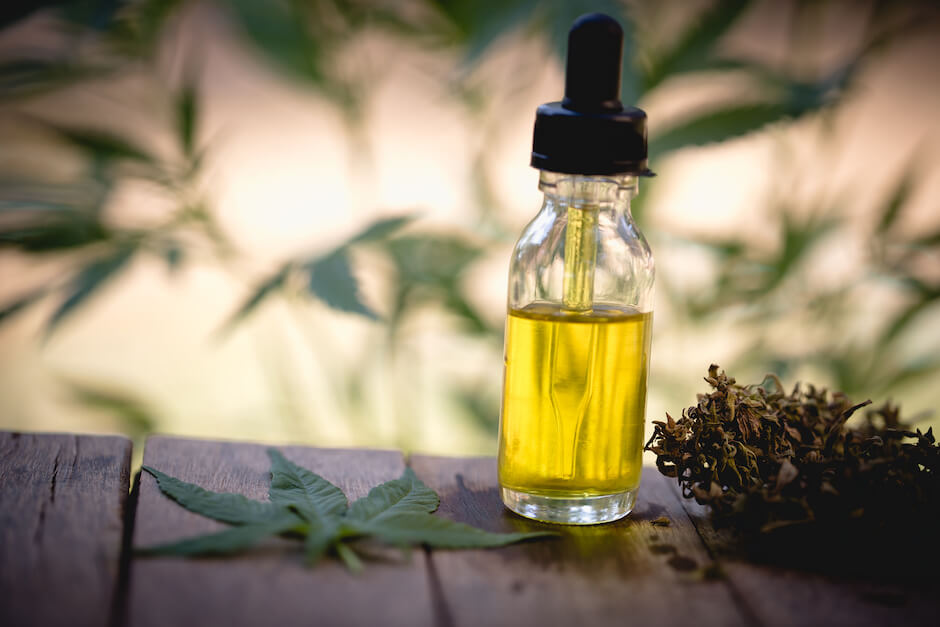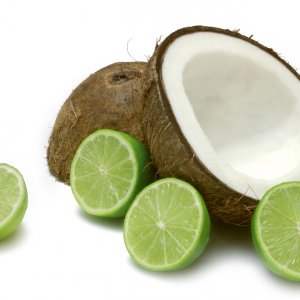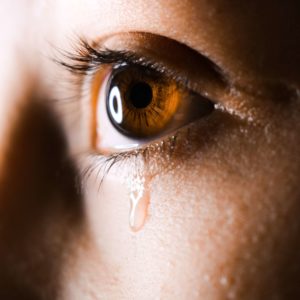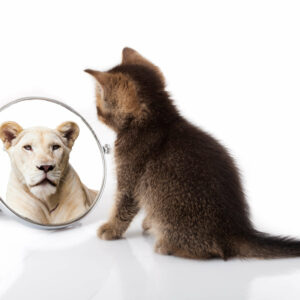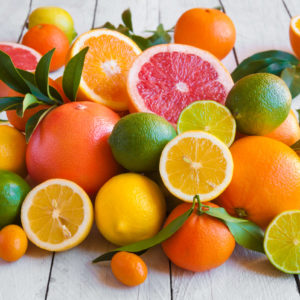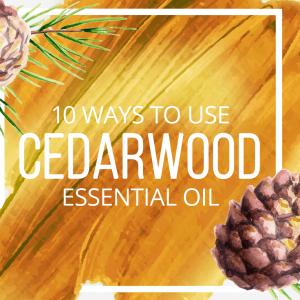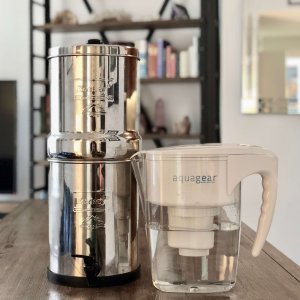Lately, it seems like the most common question people have about CBD is whether or not it is an essential oil. In short, no. CBD is not an essential oil.
What Constitutes an Essential Oil?
The definition of essential oil is not always the same, depending on the source you consult. However, there are some basic characteristics and qualities that all essential oils possess.
- They are volatile: This essentially means that molecules are small such that they evaporate very easily at normal temperatures. (Usually under 500 AMU.)
- They are aromatic: They impart the aroma to plants.
- And depending on the source with which you check, most experts agree that true essential oils are obtained by steam distillation. Therefore, according to this definition, essential oils obtained by cold pressing (like citrus oils) or absolute extraction are not “true” essential oils. Rather, citrus oils are essences and oils extracted via solvent are absolutes. Learn more about essential oil distillation techniques.
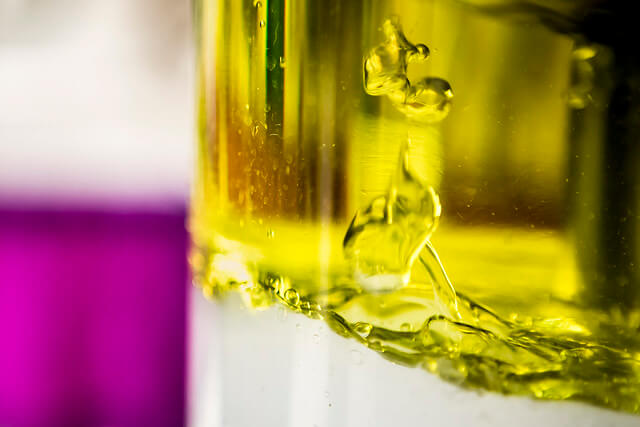
Cannabidiol
CBD does not pass any of the three tests above.
It is not volatile or particularly aromatic
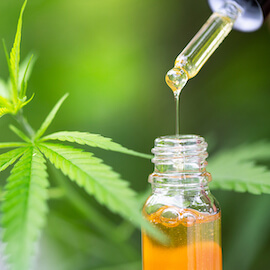
First, CBD is not volatile or aromatic. It may have some aroma, just as olive oil and other fatty oils do. But it doesn’t evaporate readily at room temperature and give a powerful aroma, nor does it have the extremely small molecules like essential oils. It is a thick, viscous oil that does not rise rapidly into the air.
Actually, CBD does not meet the criteria for a fatty oil or an essential oil. It falls somewhere in between.
It is not steam distilled
CBD cannot be steam distilled because the high temperature could destroy fragile CBD molecules. CBD must either be extracted with supercritical carbon dioxide or with solvent extraction. Learn more about CBD extraction in this post.
Do you use CBD? Comment below and tell us your favorite ways!
Still have questions? Check out my CBD Master Class!
